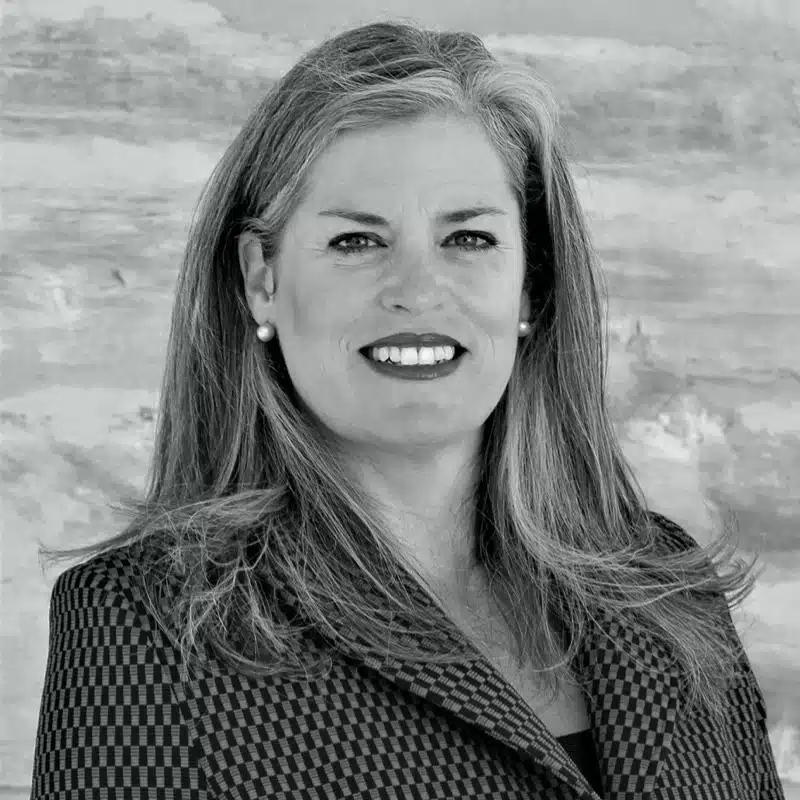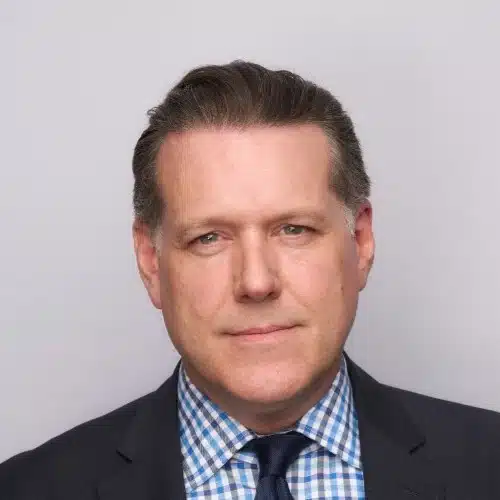Equality Freedom Security Legacy Is Built On Financial Power
Wisdom, Wealth & Wellness for Women
The Saij Elle Impact
At Saij Elle, we’re revolutionizing financial empowerment for women with a uniquely transformative approach to financial education that drives real prosperity and equality.
We believe powerful financial knowledge is the key, creating benefits for women, companies, and entire economies.
When women take control of their financial futures, they thrive, organizations grow stronger, and financial services companies build deeper, more inclusive relationships.
Our Mission
We help women financially thrive so they become powerful contributors to a more equitable world.
Our Vision
To be the most trusted brand in financially empowering women through unbiased & holistic financial education, delivered with integrity, simplicity, and compassion.
Driving Financial Change
Across Every Platform
Grow your bottom line. Champion women’s financial wellness
at your company for lasting prosperity and impact. Discover our digital solutions, tailored workshops, and partnerships with financial services.
See how
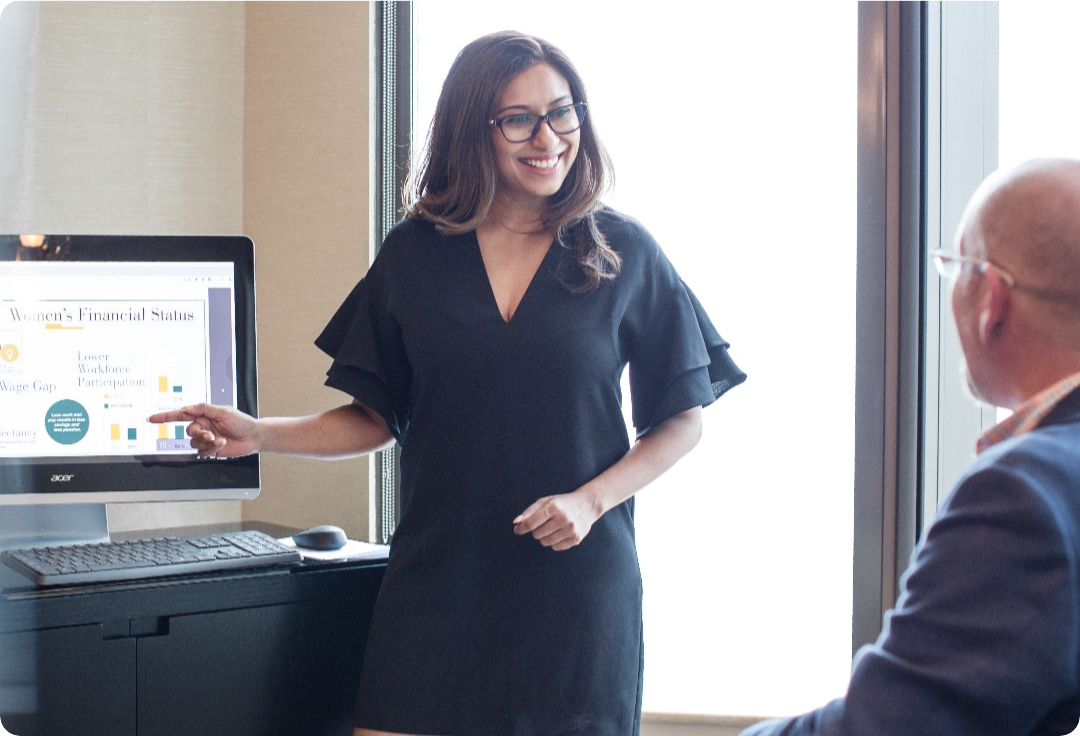
Grow your knowledge. Former CNBC and BNN presenter
and host of personal finance show, Strictly Money, offering insights
and solutions to Canada’s biggest money challenges.
Discover
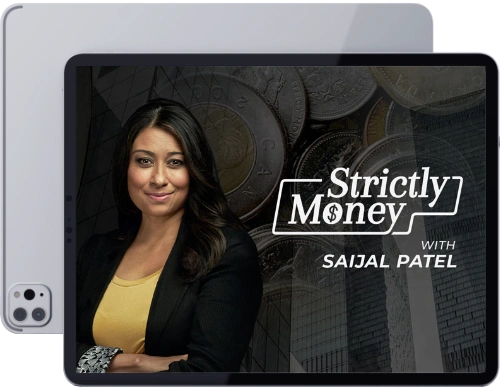
Grow your influence. Engage your audience to act and think
differently about money. With deep expertise in media and
personal finance, Saijal delivers impactful keynotes
and insightful moderation.
Learn more
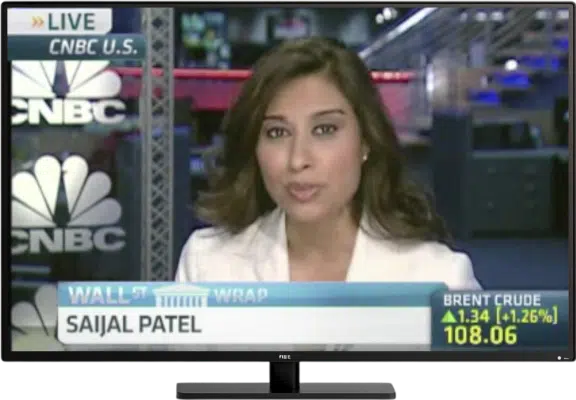
Grow your personal wealth. Explore our suite of trademarked
online financial programs that get results - uniquely
designed for women, by a woman!
Get Started
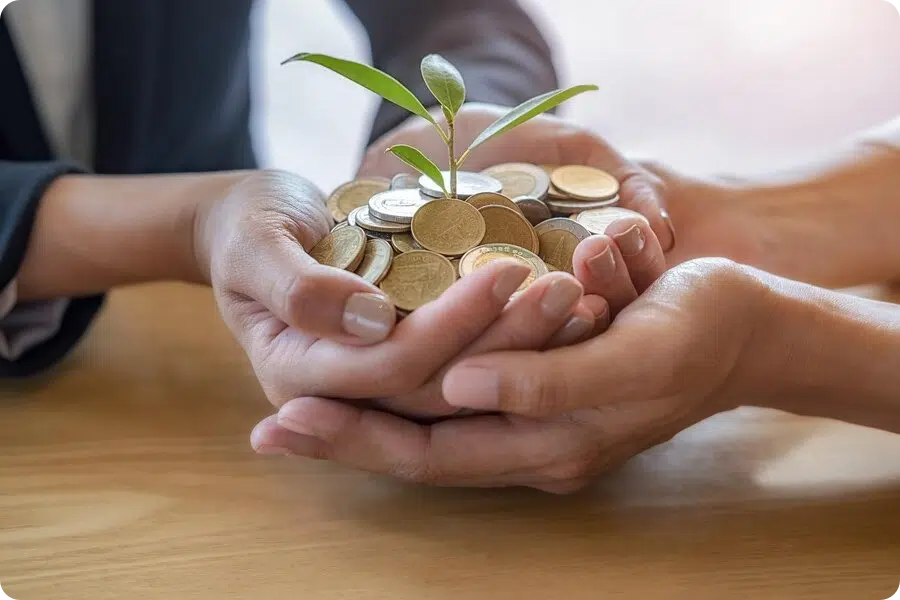
Grow your bottom line. Champion women’s financial wellness
at your company for lasting prosperity and impact. Discover our digital solutions, tailored workshops, and partnerships with financial services.
See how

Grow your knowledge. Former CNBC and BNN presenter
and host of personal finance show, Strictly Money, offering insights
and solutions to Canada’s biggest money challenges.
Discover

The Clients We Work With

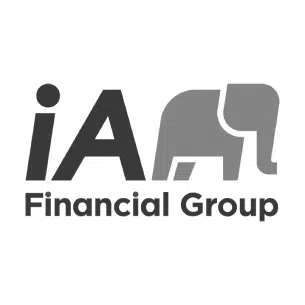
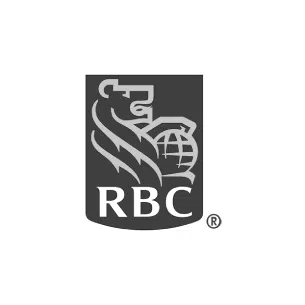


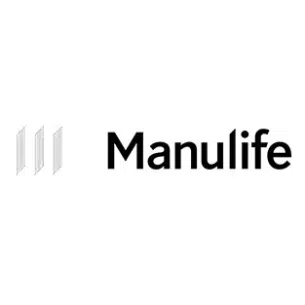













What’s New
Find out how a chance meeting with the Premier of Ontario led to Saijal bringing in financial literacy to high schools!
Journalist & Contributor On
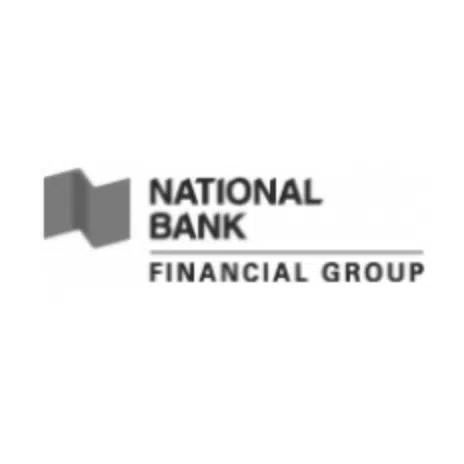


























Money Masterclass
Learn how to Master Your Money and Take Control of Your Life with my 360 Financial Freedom Framework™
Build a prosperity mindset, slay your debt, save money effortlessly, accumulate wealth, and protect your hard-earned money with my proven framework!


Saijal Patel
- 1,200+ financial program enrollees globally
- 20,000+ Masterclass attendees
- 25,000 + financially empowered women
- 100+ financial workshops conducted
What they say about me

